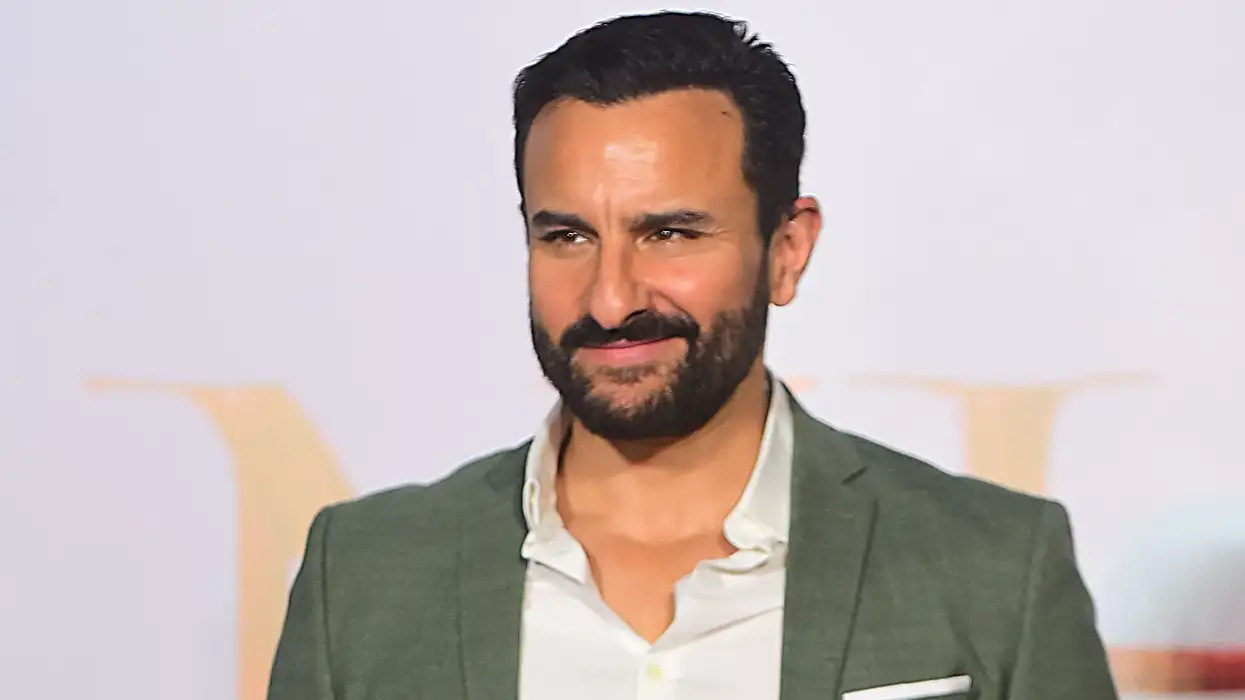A MAN suspected of stabbing Bollywood actor Saif Ali Khan has been detained at Durg railway station in Chhattisgarh. Police caught 31-year-old Aakash Kailash Kannojia travelling without a ticket on the Mumbai-Howrah Express, following a tip-off from Mumbai Police.
Railway Protection Force officers spotted Kannojia in a general compartment after receiving his photo and train details from Mumbai investigators. According to reports, a Mumbai Police team is heading to Durg to confirm if he is the man who attacked Khan at his Bandra home on Thursday (16) morning.
The suspect matches CCTV footage that shows an intruder wearing a red scarf and carrying a backpack in Khan's building. The same man was later spotted at Bandra and Dadar railway stations in Mumbai.
Khan, 54, suffered six stab wounds in the attack, including serious injuries to his neck and spine. He was rushed to Lilavati Hospital by autorickshaw, where doctors performed a five-hour emergency operation to remove a 2.5-inch broken knife blade from his spine. The actor received 20 stitches for wounds that included two deep cuts to his neck and hand.
His wife, actress Kareena Kapoor Khan, witnessed the attack and told police she saw the intruder stab her husband repeatedly before fleeing without taking any valuables.
She later sought refuge at her sister's house, saying she was terrified after the incident.
Hospital chief Dr Niraj Uttamani praised Khan's courage, noting that the actor walked into the hospital despite his severe injuries.
By Friday (17), Khan had improved enough to move from intensive care to a private room, with doctors expecting him to return home by Monday (20).
Maharashtra state home minister Yogesh Kadam said the attack appeared to be an attempted robbery, ruling out any underworld connections. More than 30 police teams were involved in tracking down the suspect.
Earlier, police had questioned and cleared a carpenter who had worked at Khan's flat two days before the attack. Khan lives in an upscale Bandra apartment with his wife and their two sons.
(with inputs from PTI)





